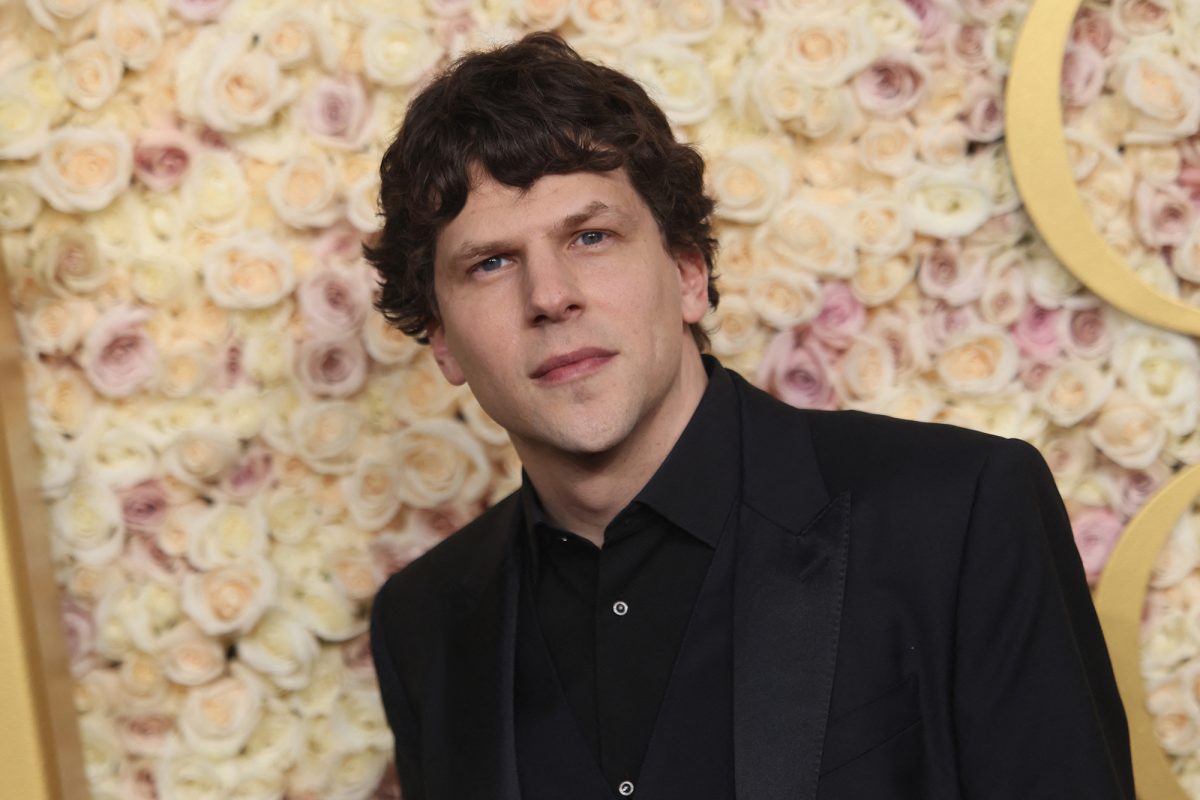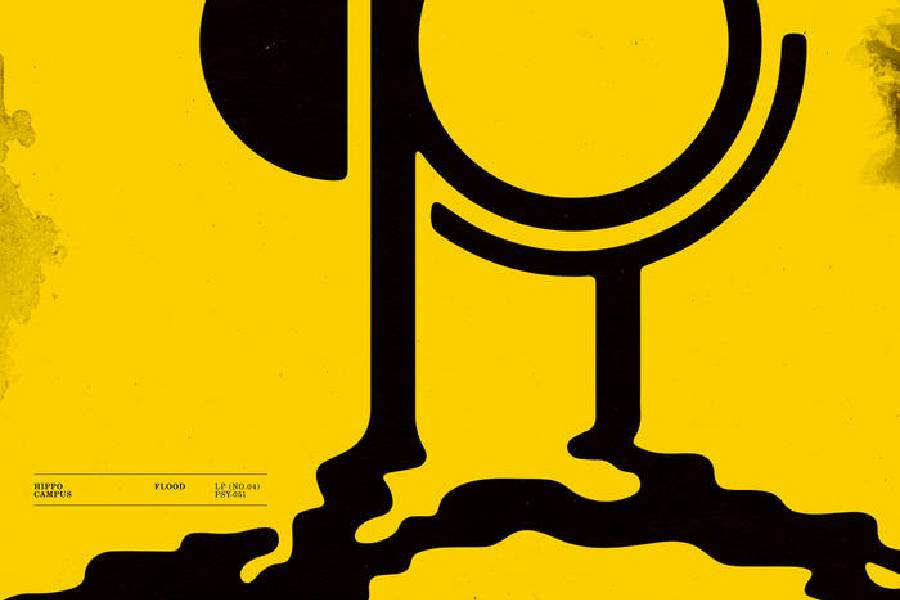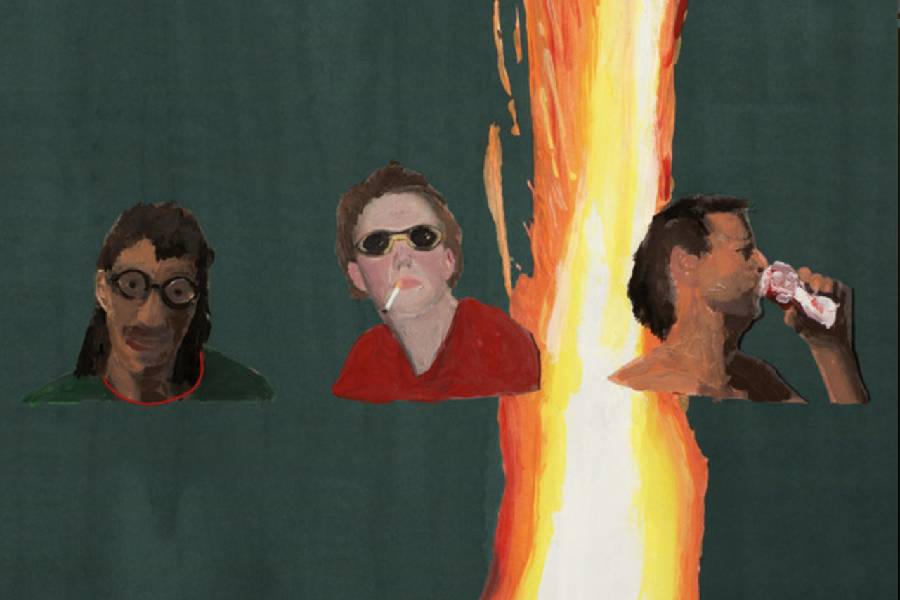“Desire, I want to turn into you,” Caroline Polachek yells out in the chorus of the opening track. It’s an arena pop/rock banger with spoken word verses underneath a stuttering drum machine and staccato synths and a soaring chorus, which opens up into vast production and yearning lyrics. The song is hyperactive, even before she adds in the perfectly awkward rap verse and arena rock guitar solo. “Welcome to My Island” introduces Polachek as obsessive and manic, a character that she takes through many masterfully created, other-worldly pop soundscapes on her vast sophomore LP.
“Desire, I Want to Turn Into You” is an album about desire. In fact, desire is as much of a character on this album as Polachek is herself. There is a prevailing sense of yearning in the lyrics, whether it’s seeing a friend after a long time apart, like on the song “Fly To You,” or losing control in how you feel about someone, like on “Smoke.” The album title is convincing: Polachek seems to be so obsessed with desire itself that she wants to become an emotion.
The escapism displayed in the album art — Polachek desperately crawling out of public transportation onto a beach — introduces the album’s greatest achievement: its world building. She crafts detailed environments with the rich and scorching “Bunny Is a Rider,” the dark and predatory “Crude Drawing of an Angel” and the astrological “Billions.” Listening to this album is like being brought through a series of paintings, each with a landscape wildly different from the last. The desire to escape the material dimension and see emotions manifested in these luscious worlds is what drives the thematic and lyrical content of the album.
Stylistically, “Desire, I Want to Turn Into You” is eclectic. The song “Pretty In Possible” is a mesmerizing mix between the repetitious vocal phrasing of Suzanne Vega’s “Tom’s Diner” and the chilled electro pop pioneered by Imogen Heap. “Bunny Is a Rider,” the track after it, is an otherworldly R&B and Afrobeat-inspired pop hit with whistling, vocal samples from a baby and a summery bassline. This tracklist pulls the listener back and forth across different sonic worlds, and just when things start settling in, Polachek throws in a bagpipe solo or a collaboration with Grimes and Dido.
And yet, the album has an appealing sense of symmetry. The vocalizations on “Pretty In Possible” mirror the ones on “Smoke.” The aforementioned bagpipe solo on “Blood and Butter” gets a subtle nod from Grimes in her feature on “Fly To You.” The reversed cymbal samples in “Billions” can be heard all over “Blood and Butter.” Polachek brings back and subverts melodies and sounds, connecting the disparate tracklist.
Polachek’s songwriting approach aims to break through pop conventions, often writing past the traditional verse-chorus structure. The few times that Polachek does stick to pop convention, the results are more lackluster — like on the more formulaic “Sunset,” where even the fun flamenco production and ecstatic vocals don’t save the song from becoming a loss in momentum on the track list.
The antithesis to “Sunset,” the cryptic and minimal “Hopedrunk Everasking,” is another head-scratcher with its high pitched smoke alarm-esque beeping and drawn out vocal phrases which similarly hinder the album’s momentum. The song is fine on its own, but for an album so enveloped in flow, it doesn’t fit as well.
Making up for the less enthralling moments on the record, Polachek ends the album with her best song yet: the absolutely stunning “Billions,” a song so wrapped in love sickness it’s difficult not to get swept up into its blissful obsessiveness. The underlying synth beds outline a mesmerizing chord progression, giving structure to the twittering pitched percussion — it’s an addicting foundation that mirrors lyrics that embody “desire” more than any other moment on the record. “Sexting sonnets / Under the tables / Tangled in cables / Oh, billions,” she sings, her voice warping and twisting the vowels into a state of elevated emotional intensity. As the song winds down, the Trinity Croydon Children’s Choir plays the album out on the final repeated sentiment: “I never felt so close to you,” which gets layered upon itself in perfect harmonies. The song fades out with the imagery of levitating in a void of sensory overload and abundant desire.




















